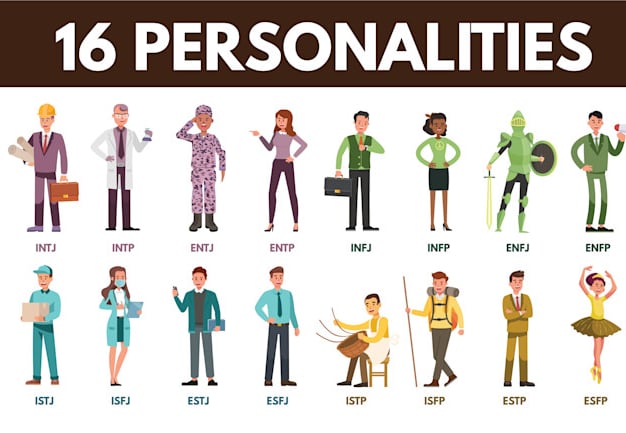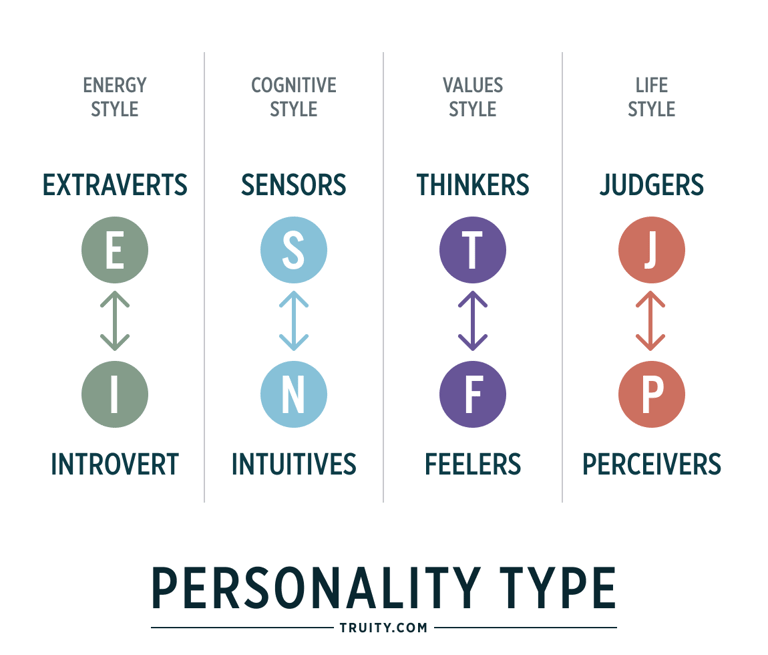



The Myers-Briggs Type Indicator (MBTI) is a widely used personality assessment tool that helps individuals gain insight into their behavior, communication style, and decision-making preferences. Developed by Isabel Briggs Myers and Katharine Cook Briggs, the MBTI is grounded in Carl Jung’s theory of psychological types, which suggests that people differ in fundamental ways in how they perceive the world and make choices.
The MBTI identifies sixteen personality types, each based on four pairs of opposing preferences: extraversion or introversion, sensing or intuition, thinking or feeling, and judging or perceiving. These preferences combine into four-letter personality codes such as INTP or ESFJ, offering a shorthand for understanding one’s dominant mental habits. The goal of MBTI is not to label or limit individuals but to promote greater self-awareness and empathy for the diverse ways people operate.
Used in settings ranging from career counseling and education to corporate team-building and leadership development, the MBTI provides a common framework for understanding interpersonal dynamics and enhancing collaboration. It encourages people to reflect on how they interact with others, how they handle stress, and how they make decisions.